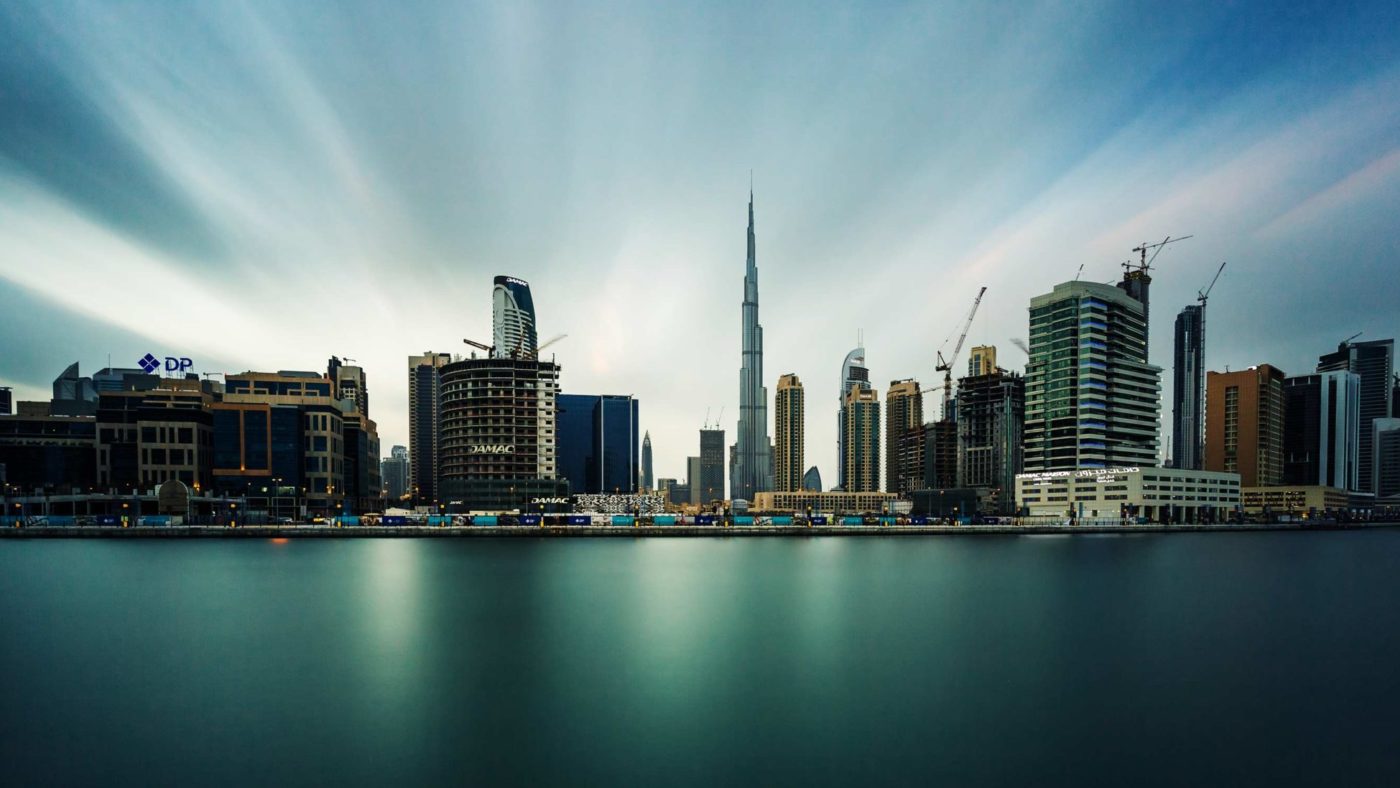Politics in Britain can feel a little parochial – nowhere more so than when you visit parts of the world that are thriving irrespective of any Brexit debate.
I’ve just been to Dubai in the United Arab Emirates for the first time in 20 years, and since my last visit, the place has undergone the most extraordinary transformation. Where there was previously desert, there are thriving towns. Shiny new shopping malls and sky scrapers have sprung up – including the Burj Khalifa, currently the world’s tallest building.
In just two decades, Dubai’s population has trebled. Average incomes have increased to the point where the United Arab Emirates is now a high income country, on a par with much of the developed world.
What was a sleepy backwater on the Arabian Gulf forty years ago, is now a booming global hub. Dubai’s airport is now one of the busiest in the world, overtaking Heathrow in terms of traffic. Her offices and shopping malls teem with people drawn from every walk of life around the planet.
Why, I kept wondering, has Dubai done so well? It is not as though the UAE has been endowed with much in the way of natural resources. Unlike most of her neighbours, she has little oil or gas. Nor is there much in the way of agricultural land.
And yet she prospers. Why? Because she has the key ingredient for prosperity in every culture, continent and century – an openness to free exchange. Like Venice in the distant past, or Hong Kong and Singapore today, Dubai’s economy has grown because she is unapologetically business-friendly, with low taxes and relatively few economic restrictions.
At the heart of Dubai’s financial district sits the Dubai International Financial Centre (DIFC). The constitution of the UAE was specifically amended in 2004 in order to make the DIFC an autonomous jurisdiction, within whose boundaries business is conducted under the laws of England and Wales. The DIFC even has its own courts, often staffed by judges from England, Singapore, Hong Kong and other Common Law countries.
Dubai is a stark reminder of the fact that there is nothing pre-ordained about a country’s place in the world. Countries – and those that rule over them – have their own agency, for good or ill.
The UAE is also a rebuke to those who insist that size and scale are essential for economic success. Despite being small, the UAE has one of the largest economies in the Middle East. GDP in UAE in 2017 was $382 billion – larger than the entire economic output of far larger Egypt or Iraq, countries with vastly bigger populations. In per capita terms, output in the UAE is now about twice the level of Saudi Arabia and many times greater than that of Iran.
If it is openness to free exchange that determines whether a country flourishes, imposing restrictions on free exchange is a sure way of ensuring failure. Today Dubai might be a thriving financial centre, and London might well be able to credibly claim to be the world capital of global finance. But so, too, were once Amsterdam and Venice.
If you inhibit free exchange, it doesn’t much matter how great a head start you had, or how industrious your ancestors might have been. You will soon end up as a museum piece.
Over the next 20 years, the UK needs to become far more open to free exchange and innovation, if we are to continue to prosper. It is not being part of a greater bloc that really matters, but how open to innovation you are that counts.
CapX depends on the generosity of its donors. If you value what we do, please consider making a donation.


